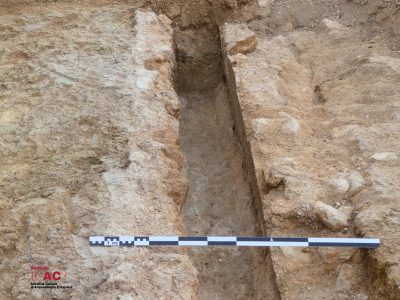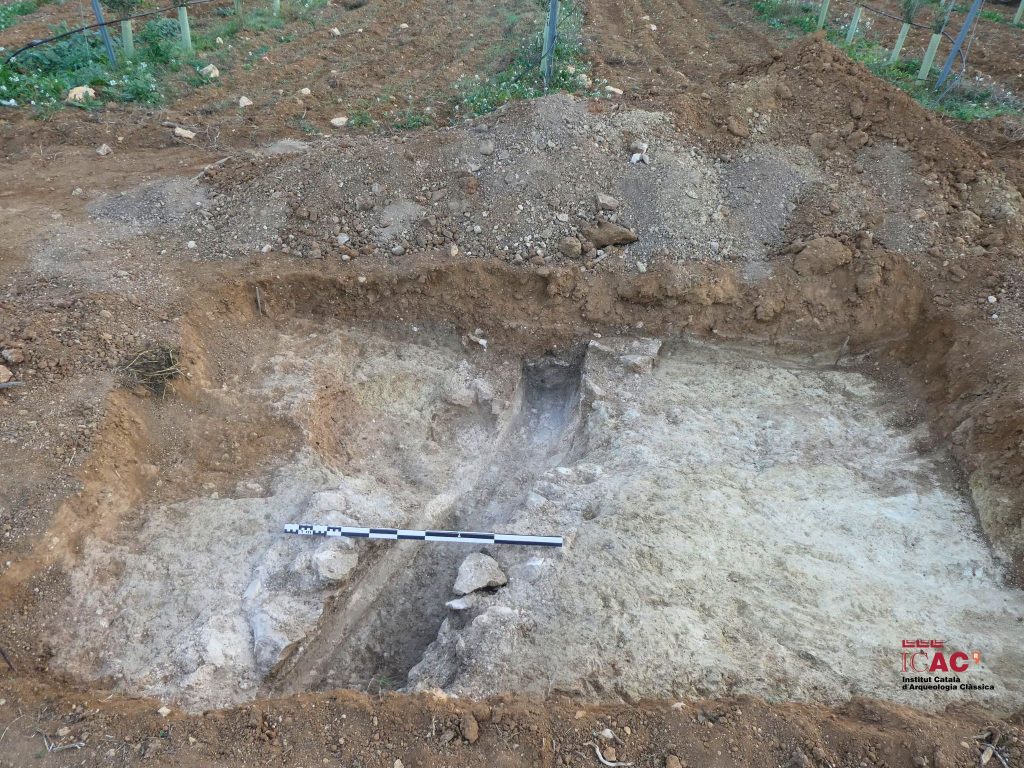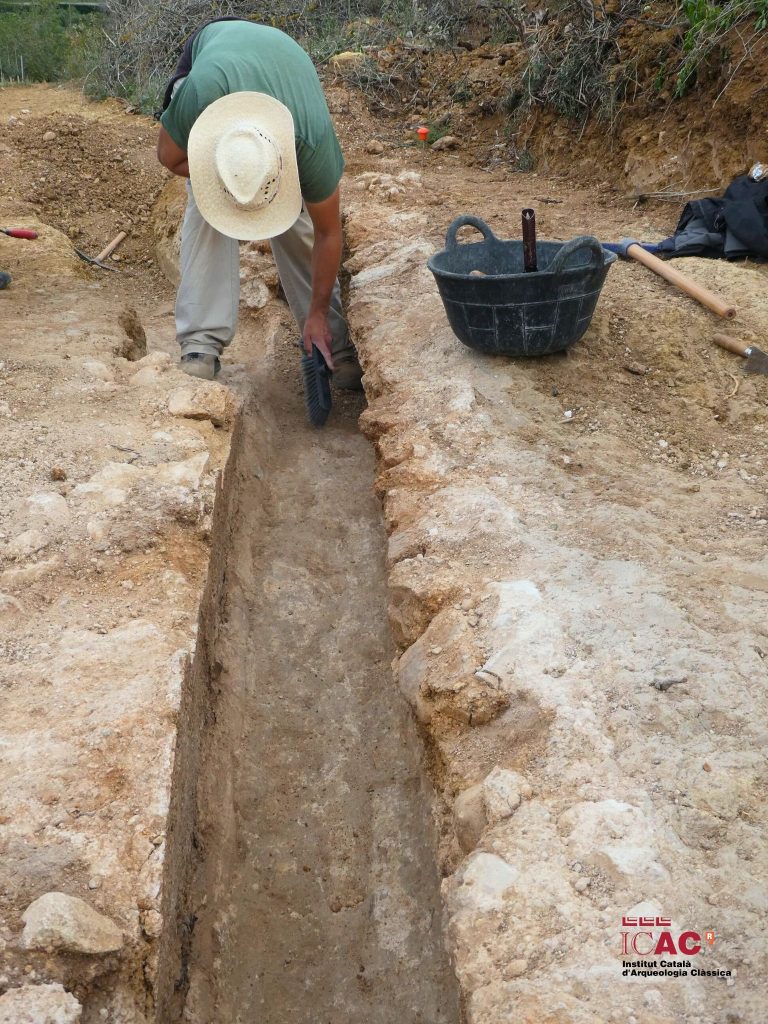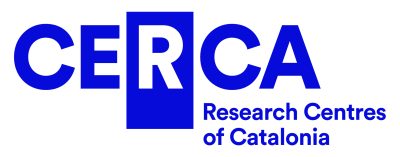
The latest archaeological excavation campaign of the ICAC-CERCA Roman Aqueducts project has allowed the definition of a new section of the route and the determination of the connection between the aqueduct from Pont d’Armentera and the Aqua Augusta aqueduct.
The Catalan Institute of Classical Archaeology (ICAC-CERCA), in collaboration with the City Council of Puigpelat (Alt Camp, Tarragona), has recently concluded an archaeological intervention focused on the remains of the Roman aqueduct that runs through the municipal area. The purpose of this campaign was to precisely outline the layout and characteristics of an extensive non-visible segment located in the Espous area, south of the population center.

With a duration of two weeks, the campaign involved the use of specialized personnel and machinery, employed for the opening of trenches and the execution of excavations. Through these efforts, the Roman conduit was identified in relatively good condition in some sections. In other cases, however, the findings were negative.
The results obtained are enlightening, as they have allowed for the precise definition of the aqueduct’s route through the Espous area, covering a distance of 1 km. Additionally, it has been determined that the connection between the aqueduct from Pont d’Armentera and the Aqua Augusta aqueduct is situated further downstream than previously believed, specifically at a point closer to the southern limit of the Puigpelat municipal area.
This archaeological campaign is part of the Roman Aqueducts study project conducted by ICAC-CERCA for several years, under the direction of Dr. Jordi López Vilar (MIRMED research group).

About the Catalan Institute of Classical Archaeology (ICAC-CERCA)
The Catalan Institute of Classical Archaeology (ICAC-CERCA) is a CERCA center established as a consortium in 2003 by the Government of Catalonia and the Rovira i Virgili University. It is a Catalan institution with an international scope, at the forefront of research and conservation of archaeological heritage. Its headquarters are located in Tarragona, a city recognized as a UNESCO World Heritage Site in the year 2000. Its researchers work to understand the past through the study of archaeological remains and promote the preservation of the historical legacy. We are CERCA!
For more information, visit www.icac.cat.






